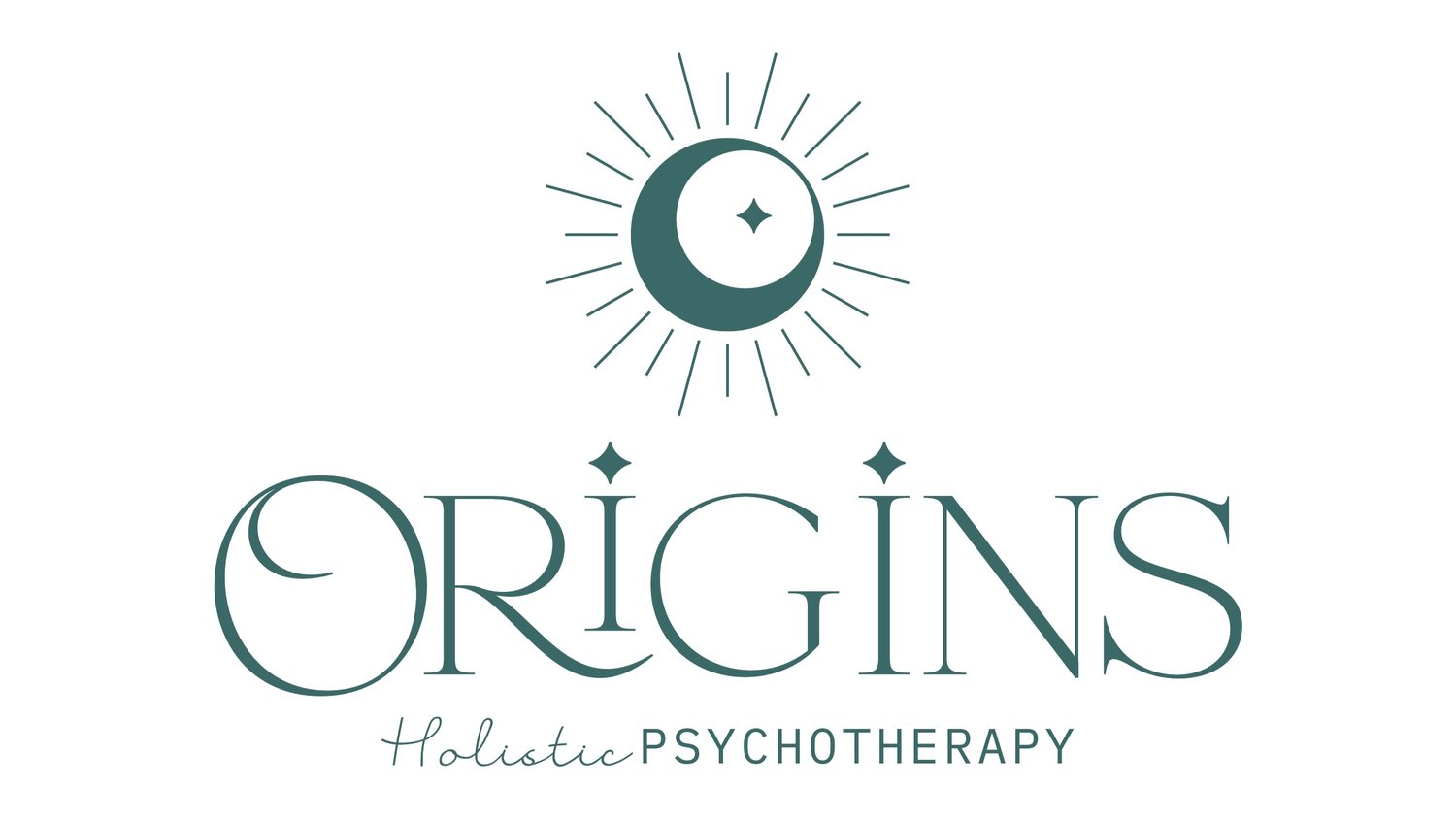Embracing Pain, Cultivating Healing: A Therapeutic Exploration
Welcome, seekers of healing and growth,
Within the human experience, there exists a tapestry woven with intricate threads of joy, sorrow, and everything in between. As a therapist dedicated to guiding individuals on their healing journeys, I humbly extend my hand to you. My name is Michelle Shlafman, and it is my privilege to share holistic supportive concepts about pain, empathy, and self-compassion.
In this comprehensive blog post, we will move through the transformative path of healing, exploring the profound impact of embracing pain, the empowering nature of self-compassion, and the enriching practices of mindfulness, empathy, gratitude, and coping strategies. Drawing upon the insights of renowned researcher and therapist Kristen Neff, we will integrate her valuable work to enhance our therapeutic exploration.
So, gather your courage and open your heart to cultivate profound healing and growth within yourself and those you encounter on your path.
Embracing Pain: A Catalyst for Transformation
As we embark on this therapeutic journey, let us acknowledge the inherent difficulty in embracing pain. Society often teaches us to avoid or suppress our pain, deeming it undesirable or weak. However, true healing begins with the courageous act of acknowledging and embracing our pain. By turning toward our pain, we create an opportunity for transformation and growth.
Research has shown that avoidance of pain can lead to increased distress and hinder our capacity to heal. By accepting our pain and exploring its origins and impact, we gain profound insights into our emotional landscape. This self-awareness lays the foundation for genuine healing and resilience.
Coping Strategies: Nurturing Mindfulness, Empathy, and Gratitude
Mindfulness: A Present-Moment Sanctuary
In the face of pain, mindfulness serves as a powerful ally. Through cultivating present-moment awareness, we learn to observe our pain without judgment or resistance. Take a deep breath, and bring your attention to the sensations in your body. Notice any areas of tension or discomfort. With each breath, gently invite a sense of spaciousness and acceptance into your experience.
By practicing mindfulness regularly, we enhance our capacity to tolerate and navigate difficult emotions. Research suggests that mindfulness-based interventions can alleviate symptoms of anxiety, depression, and chronic pain. Consider integrating mindfulness practices such as meditation, body scans, or mindful movement into your daily routine, allowing them to serve as anchors of peace and self-awareness amidst life's challenges.
Empathy: Cultivating Connection and Compassion
Empathy, the ability to understand and share the feelings of another, forms a bridge between individuals and promotes healing. By extending empathy toward ourselves and others, we create a safe space for vulnerability and growth.
Kristen Neff, a prominent researcher in self-compassion, emphasizes the importance of offering ourselves the same kindness and understanding we would offer a dear friend in times of distress. Begin by noticing moments of self-criticism or self-judgment. Replace these with gentle and compassionate self-talk. Treat yourself as you would a close companion—nurture yourself, offer words of comfort, and acknowledge your inherent worthiness of love and care.
Gratitude: A Pathway to Healing and Resilience
Amidst the shadows of pain, gratitude serves as a beacon of light and healing. Research has shown that practicing gratitude can enhance well-being, increase resilience, and improve relationships. Take a moment each day to reflect on three things you are grateful for. They may be as simple as a warm cup of tea, a supportive friend, or the beauty of nature. Allow the warmth of gratitude to fill your heart, cultivating an appreciation for life's blessings, no matter how small.
Strategies: A Holistic Approach
While mindfulness, empathy, and gratitude offer valuable tools for healing, it is essential to integrate these practices into a holistic framework of coping strategies. Engage in activities that bring you joy and provide an outlet for emotional expressions, such as journaling, art, or engaging in physical exercise. Surround yourself with a supportive network of friends and loved ones who can offer understanding and compassion. Seek professional guidance from a therapist trained in evidence-based modalities, tailored to your unique needs.
In our exploration of healing and growth, it is vital to draw upon the insights of experts in the field. Kristen Neff's pioneering work on self-compassion offers invaluable guidance on navigating pain and cultivating resilience.
Neff defines self-compassion as having three essential components: self-kindness, common humanity, and mindfulness. By extending kindness toward ourselves, recognizing that suffering is a shared human experience, and maintaining mindful awareness of our pain, we create fertile ground for healing and growth.
Neff's research demonstrates that self-compassion enhances our well-being, decreases anxiety and depression, and promotes emotional resilience. Embrace the practice of self-compassion, offering yourself kindness and understanding in moments of pain, failure, or struggle. Remember, you are not alone—your experiences connect you to the vast tapestry of humanity.
The Journey of Healing: Nurturing Self and Others
As we conclude our therapeutic exploration, I invite you to reflect on the profound potential for healing within you. By embracing pain, cultivating mindfulness, empathy, and gratitude, and integrating coping strategies into your life, you embark on a transformative journey of self-discovery and resilience.
But remember, healing extends beyond the self. As you nurture your own growth, offer your presence, understanding, and support to others on their path. In doing so, you contribute to the collective healing of humanity, one compassionate interaction at a time.
May you find solace, inspiration, and profound healing within these words. Embrace pain as a catalyst for transformation, and let the practices of mindfulness, empathy, gratitude, and coping strategies guide you toward a life of authenticity, resilience, and growth.
With warmth and therapeutic care,
Michelle Shlafman, LPC, ACS, DCEP, CNHP

